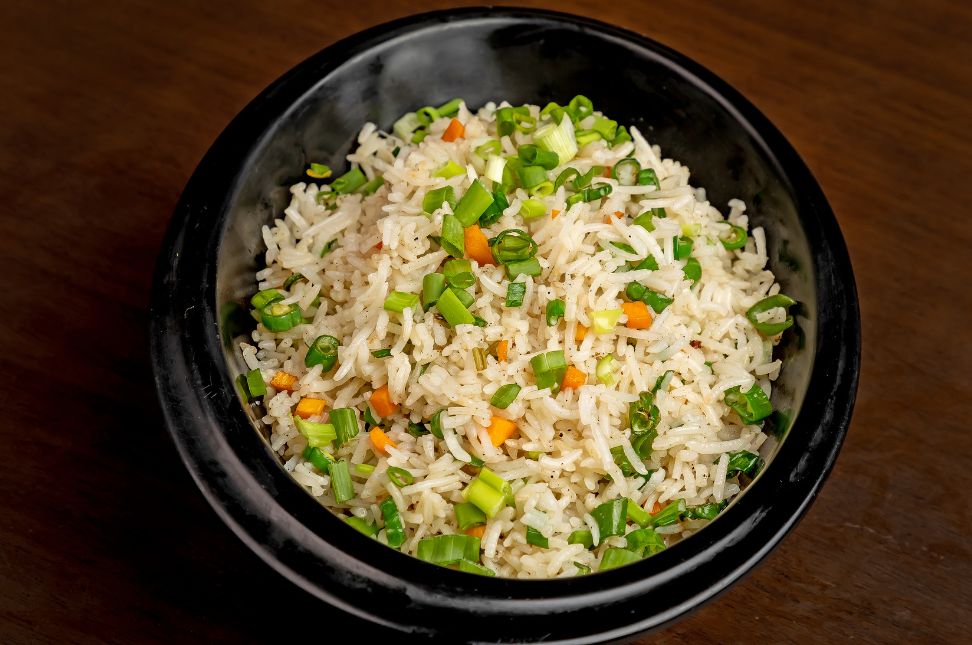Managing diabetes effectively requires careful attention to diet. Superfoods, known for their nutrient density and health benefits, can play a significant role in this. Understanding how to incorporate superfoods into a diabetes diet can help maintain blood sugar levels, improve overall health, and prevent complications. Here’s a guide to integrating these nutritional powerhouses into your daily meals.
What Are Superfoods?
Superfoods are nutrient-rich foods considered to be especially beneficial for health and well-being. For individuals managing diabetes, certain superfoods can help regulate blood sugar, reduce inflammation, and provide essential vitamins and minerals.
Benefits of Superfoods for Diabetes
Superfoods offer several benefits, such as:
- Stabilizing Blood Sugar: Many superfoods have a low glycemic index, meaning they do not cause rapid spikes in blood sugar levels.
- Nutrient Density: They are packed with vitamins, minerals, antioxidants, and fiber.
- Heart Health: Superfoods often promote cardiovascular health, which is crucial for diabetics who are at a higher risk of heart disease.
Key Superfoods for Diabetes
Here are some superfoods particularly beneficial for a diabetes diet:
- Leafy Greens
- Spinach and Kale: Rich in vitamins A, C, and K, and magnesium, which is important for blood sugar control.
- Incorporation Tip: Add these greens to salads, smoothies, or stir-fries.
- Berries
- Blueberries, Strawberries, and Raspberries: High in antioxidants, fiber, and vitamin C.
- Incorporation Tip: Mix berries into yogurt, oatmeal, or enjoy them as a snack.
- Nuts and Seeds
- Almonds, Walnuts, and Chia Seeds: Provide healthy fats, protein, and fiber.
- Incorporation Tip: Sprinkle nuts and seeds on salads, cereals, or include them in homemade trail mix.
- Whole Grains
- Quinoa, Brown Rice, and Oats: Low glycemic index grains that help manage blood sugar.
- Incorporation Tip: Use whole grains as a base for meals, in place of refined grains.
- Fatty Fish
- Salmon, Mackerel, and Sardines: High in omega-3 fatty acids which reduce inflammation.
- Incorporation Tip: Include fatty fish in your diet at least twice a week by grilling or baking.
- Legumes
- Beans, Lentils, and Chickpeas: Rich in protein and fiber, and help stabilize blood sugar.
- Incorporation Tip: Add legumes to soups, stews, and salads.
- Citrus Fruits
- Oranges, Lemons, and Grapefruits: Provide vitamin C and fiber.
- Incorporation Tip: Enjoy citrus fruits as a snack or add their juice to dressings and marinades.
Practical Tips for Incorporation
1. Plan Balanced Meals: Aim to include a variety of superfoods in each meal. For breakfast, a smoothie with spinach, berries, and chia seeds can start your day right. For lunch, a quinoa salad with leafy greens, nuts, and a citrus dressing is a great option. Dinner can feature a serving of fatty fish with a side of legumes and steamed vegetables.
2. Snack Smart: Replace processed snacks with superfood alternatives. Fresh berries, a handful of nuts, or an apple with almond butter are excellent choices.
3. Use Superfoods in Cooking: Experiment with superfoods in your favorite recipes. Add beans to your soups, use quinoa instead of white rice, and incorporate leafy greens into your pasta dishes.
4. Keep Portions in Check: While superfoods are healthy, it’s essential to maintain appropriate portion sizes to manage calorie intake and blood sugar levels effectively.
5. Stay Hydrated: Drink plenty of water throughout the day. Sometimes, thirst is mistaken for hunger, leading to unnecessary snacking.
Conclusion
Incorporating superfoods into a diabetes diet can significantly improve health outcomes. By including nutrient-dense foods like leafy greens, berries, nuts, whole grains, fatty fish, legumes, and citrus fruits, you can better manage blood sugar levels and overall health. Understanding how to incorporate superfoods into a diabetes diet not only aids in diabetes management but also enhances your quality of life.
By following these tips and making mindful food choices, you can harness the benefits of superfoods and take a proactive approach to managing diabetes. Remember, consistency and balance are key to a successful dietary strategy.




